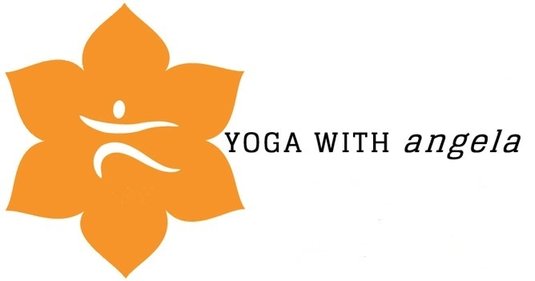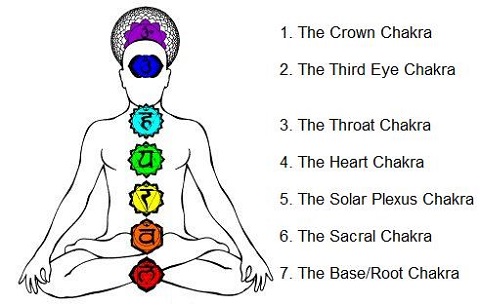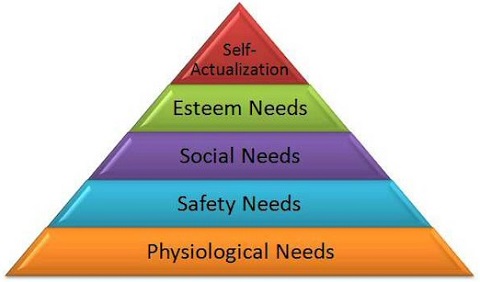I was lucky enough to attend an outside yoga practice on Tunbridge Wells Common last Sunday, hosted by the beautiful Brigid Godwin of Unity Yoga. The sense of space in gorgeous surroundings in the lovely weather was a real treat. It felt like an opportunity for me and the other participants to connect with nature and really understand the value of — quite literally — feeling grounded and connecting with our roots. Poses like Vrksasana, or Tree Pose, take on a whole new meaning at times like this and it becomes more meaningful to understand the need to be steady, calm and stable.
You hear the words "being grounded" more and more these days, but I wonder if perhaps we don't always give full consideration as to their meaning. It’s so important to have that sense of feeling connected, understanding our purpose in life, being clear about what is important to us and experiencing a sense of belonging. Don’t you think?
My fascination with the philosophy of yoga comes down to how relevant it remains today and the influence it has, even if we don’t realise it, on the way we approach our lives. Time and again, as I read more and study modern theories further I see the connections to yoga and I’m staggered how sophisticated the yogis’ thinking and approach to life was. They realised the importance of establishing roots: build firm foundations and from those roots everything else will grow.
Chakra is a Sanskrit word that means wheel or vortex. Yoga philosophy says that there are seven primary Chakras in the body, from the area of the tailbone (coccyx) to the crown of the head. They are vital energy centres that open and close as we think, feel, respond and react to the world around us.
You hear the words "being grounded" more and more these days, but I wonder if perhaps we don't always give full consideration as to their meaning. It’s so important to have that sense of feeling connected, understanding our purpose in life, being clear about what is important to us and experiencing a sense of belonging. Don’t you think?
My fascination with the philosophy of yoga comes down to how relevant it remains today and the influence it has, even if we don’t realise it, on the way we approach our lives. Time and again, as I read more and study modern theories further I see the connections to yoga and I’m staggered how sophisticated the yogis’ thinking and approach to life was. They realised the importance of establishing roots: build firm foundations and from those roots everything else will grow.
Chakra is a Sanskrit word that means wheel or vortex. Yoga philosophy says that there are seven primary Chakras in the body, from the area of the tailbone (coccyx) to the crown of the head. They are vital energy centres that open and close as we think, feel, respond and react to the world around us.
When we start our journey through the Chakras, we usually start with the root of them: Muladhara Chakra. The root Chakra is our security, giving us a sense of grounding. It’s where our survival skills originate from. We need to be grounded, know ourselves and have firm foundations in order to move on. This is the point from which all things begin and is the foundation of our whole system, the building block on which all the other Chakras must rest. It relates to the element earth and all solid, earthy things, such as our bodies, our health, our survival, our material and monetary existence, our ability to focus and achieve our objectives in life. The yogis suggested that if we don't have our roots in place, it is very difficult to ever feel secure and happy. Our basic needs are the most important.
That was then. And now?
In the 1940s the American psychologist Abraham Maslow proposed a theory which suggested that the most basic level of needs must be met before an individual will strongly desire, or focus motivation upon, the secondary or higher level. He — perhaps a little immodestly! — called it “Maslow's Hierarchy of Needs”.
That was then. And now?
In the 1940s the American psychologist Abraham Maslow proposed a theory which suggested that the most basic level of needs must be met before an individual will strongly desire, or focus motivation upon, the secondary or higher level. He — perhaps a little immodestly! — called it “Maslow's Hierarchy of Needs”.
I’ve always been struck by the similarities of the five stages of Maslow's pyramid to the seven Chakras and noticed how a relatively modern theory suggested pretty much exactly the same as a philosophy put forward by the yogis over a thousand years ago. We must meet our physiological needs for ourselves and those important to us before we can work our way up the pyramid and reach self-actualisation.
Both theories have so much relevance to how we structure our lives today and the way we seem to spend so many hours striving for the next thing. Wanting more, but forgetting how important it is to connect with our roots, man!
Both theories have so much relevance to how we structure our lives today and the way we seem to spend so many hours striving for the next thing. Wanting more, but forgetting how important it is to connect with our roots, man!



 RSS Feed
RSS Feed
